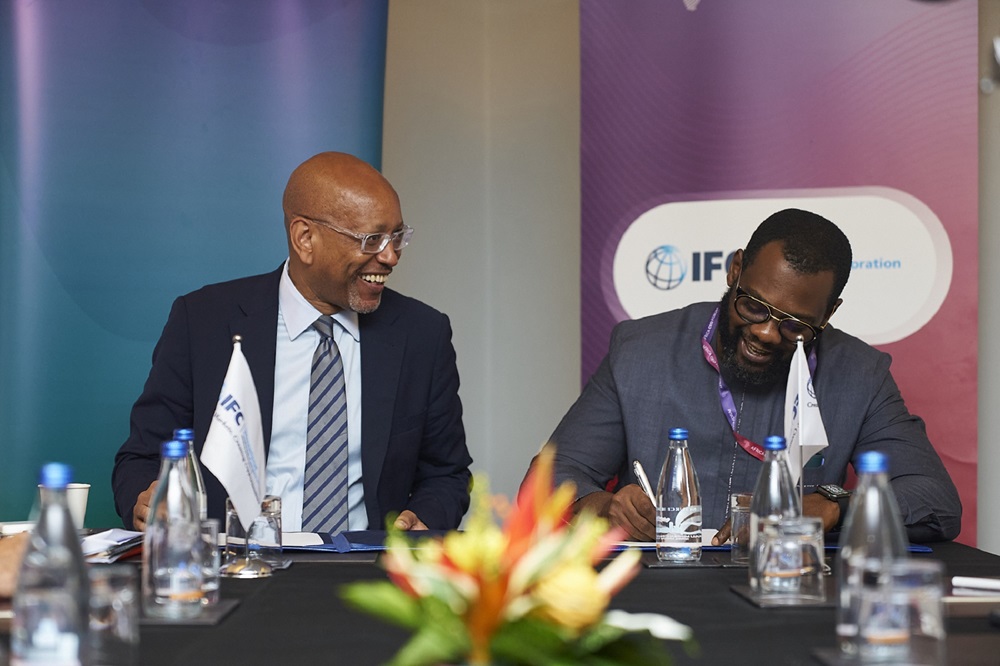BY OJO SAMSON AYOMIDE
The International Finance Corporation (IFC), in partnership with the Government of Canada, has invested $5 million in Husk Nigeria to support the development and expansion of solar hybrid mini grids in underserved areas of Northern Nigeria.
The investment, announced in a statement issued on Thursday in Lagos, is aimed at increasing access to affordable and reliable electricity in off-grid communities.
The funding is to support the construction and operation of up to 108 mini-grid sites, which are expected to provide approximately 28,750 new electricity connections and reach an estimated 115,000 individuals and businesses.
According to the IFC, the total cost of the project is estimated at $25 million. The $5 million financing package includes a senior loan of $2.5 million from IFC’s own account and an additional $2.5 million subordinated loan from the Canada-IFC Renewable Energy Program for Africa.
The financing is structured as a revolving loan facility, allowing Husk to repay and re-borrow funds during the project’s implementation period.
The investment is the first to be made under the IFC’s Distributed Access through Renewable Energy Scale-up (DARES) Platform, a $200 million debt facility launched in November 2024.
The platform is designed to catalyze private sector investment in renewable energy infrastructure to expand electricity access across West and Central Africa.
The DARES Platform operates in coordination with the Nigeria DARES Project, a separate initiative financed by the World Bank with an approved budget of $750 million.
The Nigeria DARES Project was launched in December 2023 and is being implemented by the Rural Electrification Agency (REA). The two programs aim to accelerate access to electricity in Nigeria by promoting decentralized renewable energy (DRE) solutions in communities currently without reliable power.
Data from the REA indicates that the Nigeria DARES Project targets the electrification of approximately 3.2 million households, with the potential to impact more than 17.5 million Nigerians.
The combined initiatives are also expected to support small and medium-sized enterprises (SMEs) by providing access to consistent energy supply, thereby enabling business growth and improved livelihoods in rural and peri-urban areas.
Officials involved in the project say the financing is part of a broader strategy to support Nigeria’s Energy Transition Plan (ETP), which seeks to address energy poverty through a mix of grid extension, mini grids, and standalone solar systems, particularly in remote locations where traditional grid infrastructure is not economically viable.
The IFC noted that the investment aligns with its ongoing efforts to strengthen private sector participation in Africa’s energy sector and to support clean energy solutions that contribute to climate resilience and inclusive economic development.
No start date for construction was disclosed, but the project is expected to be rolled out in phases, with implementation timelines to be determined in partnership with local stakeholders and regulatory authorities.

